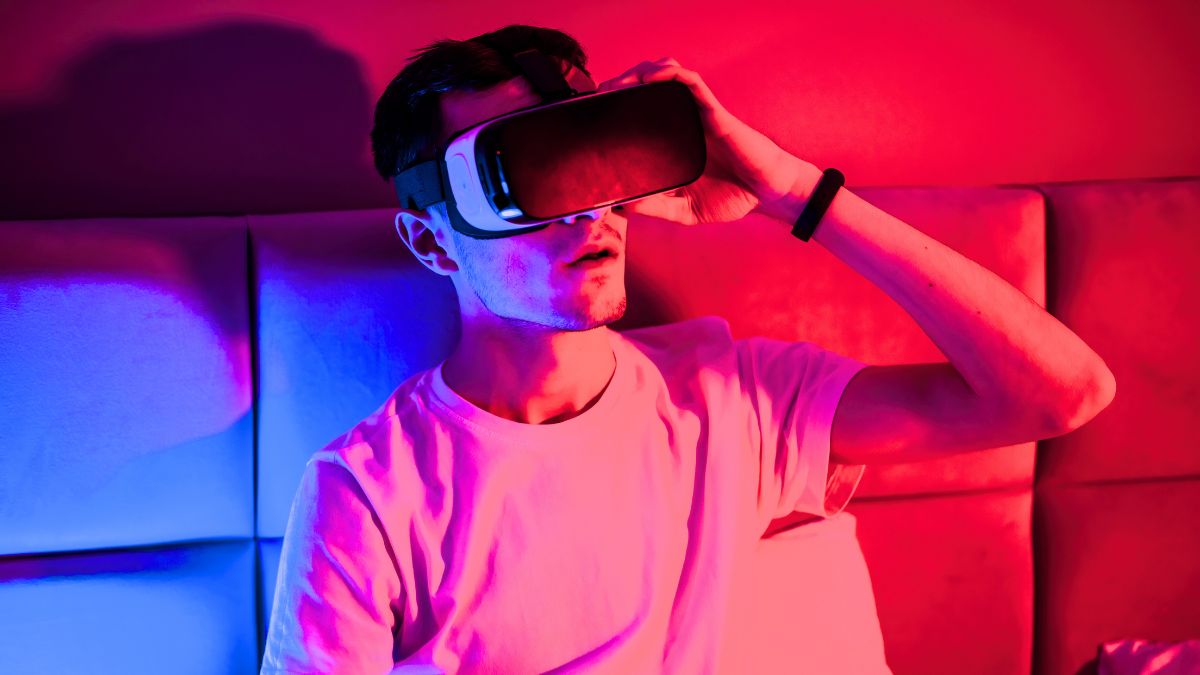Science
The Monk Who Saw the Future: Did an 11th-Century Benedictine Beat Astronomers?
17 February 2026

Are we living in a simulation? The latest research by physicists suggests the answer is unambiguous—no. Mathematics and quantum physics show that our universe operates in a way that no computer simulation could ever replicate. This discovery closes one of the most fascinating debates in contemporary science, definitively answering the question, are we living in a simulation.
Everything surrounding you is an illusion—a complicated, computerised simulation created by an advanced civilisation. Over a quarter-century ago, the cult film The Matrix presented this vision of the world. After leaving the cinema, some people even believed it. However, the latest research leaves no doubt: there is no simulation. Why?
Although the simulation theory may seem like a concept straight out of science fiction to the average person, physicists actually considered it a viable option for years. The premise sounded logical: if a civilisation reaches a sufficient technological level, it could create a simulation capable of copying an entire universe.
Within that simulation, another civilisation could, in turn, arise and create another simulation. Assuming this course of events, it was quite unlikely that our universe had not resulted from one such simulation. It turns out, however, that this theory is entirely false. According to research by an international team of scientists recently published in the Journal of Holography Applications in Physics, reality operates in a way that a computer could never simulate.
If the universe were a simulation, it would have to function like a computer—according to algorithms, which are clear rules and procedures, similar to recipes in a cookbook. The problem arises when an algorithm encounters a situation it cannot solve. Not because it is poorly designed and needs an update, but because it is mathematically impossible.
To understand this, it is best to imagine the fairy-tale character Pinocchio, whose nose grows when he lies. Pinocchio says: “My nose will not grow after this sentence.” Does his nose grow or not? According to mathematics, not only is there no answer, but finding one through an algorithm is impossible in every situation. This is an example of Gödel’s theorem, known in mathematics since the 1930s.
In its purest form, Gödel’s theorem states: “This statement cannot be proven.” If a computer proves it, that means the statement is true. But if it is true, it cannot be proven. A contradiction arises. However, if the computer fails to prove the statement, it also means the statement is true, even though the algorithm could not reach that conclusion. Gödel’s theorem is a logical ‘master key’ that people can use to look for gaps in a simulation, places where the algorithm cannot provide clear answers. And scientists found them.
To prove that the universe is not a simulation, the study’s authors turned to quantum physics. It turns out that some fundamental questions about quantum systems are mathematically undecidable. No algorithm exists that could answer them, even with infinite time and computing power.
Will a given quantum system reach thermal equilibrium? Does it have an energy gap? What will be the outcome of entropy within black holes? Individual, specific cases may be impossible to resolve—not because computers are too weak, but because the questions themselves transcend what algorithms can handle.
Our universe, however, contains the answers to these questions. Quantum systems either achieve equilibrium or they do not. Energy gaps either exist or they don’t. Entropy in black holes has a defined, observable action. Consequently, a computer simulation could not have generated these answers. And that means the universe cannot be a simulation.
Nevertheless, since there is no Matrix, what is the actual nature of our universe? Ruling out one option does not give us clear answers, and it is possible that we will have to wait many more years for them.
Read this article in Polish: Naukowcy obalili teorię symulacji. Wszechświat to nie Matrix
Science
17 February 2026



Zmień tryb na ciemny